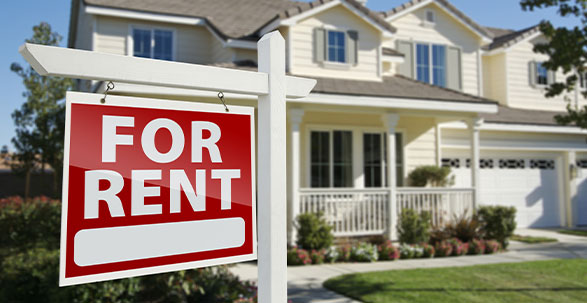Owning a rental property can be a lucrative investment, providing a steady stream of income and potential long-term appreciation. However, managing a rental property comes with its own set of challenges. From finding reliable tenants to handling maintenance issues, there are many aspects of property management that can trip up even the most seasoned landlords. Here are some common mistakes to avoid when managing your own rental property:
**Skipping Tenant Screening**: One of the biggest mistakes landlords make is failing to properly screen potential tenants. Rushing to fill a vacancy without thoroughly vetting applicants can lead to problems down the line, such as late rent payments, property damage, or even eviction proceedings. Take the time to conduct background checks, verify employment and income, and check references to ensure you’re selecting responsible tenants.
**Neglecting Maintenance**: Ignoring maintenance issues or deferring repairs can have costly consequences. Regular maintenance not only preserves the value of your property but also keeps tenants happy and reduces the likelihood of major issues arising. Create a schedule for routine maintenance tasks and address any issues promptly to prevent small problems from turning into expensive repairs.
**Setting the Wrong Rent Price**: Setting the right rent price is crucial for attracting tenants and maximizing your rental income. Overpricing your rental property can lead to longer vacancy periods, while underpricing it can result in lost revenue. Research the rental market in your area to determine a competitive rent price based on factors such as location, amenities, and market demand.
**Poor Communication with Tenants**: Effective communication is key to a successful landlord-tenant relationship. Failing to respond promptly to tenant inquiries or concerns can lead to frustration and resentment. Keep the lines of communication open and be proactive in addressing any issues that arise. Establish clear expectations regarding rent payments, maintenance procedures, and other important matters to avoid misunderstandings.
**Ignoring Legal Obligations**: Landlord-tenant laws vary from state to state, and failing to comply with legal obligations can land you in hot water. Make sure you familiarize yourself with the relevant laws and regulations governing rental properties in your area, including fair housing laws, eviction procedures, and lease agreements. Ignorance of the law is not a valid excuse, so take the time to educate yourself and seek legal advice if needed.
**Not Having Adequate Insurance**: Accidents happen, and having the right insurance coverage can protect you from financial liability. In addition to standard property insurance, consider purchasing landlord insurance or a rental property policy that provides coverage for liability claims, property damage, and loss of rental income.
**Failing to Plan for Vacancies**: Vacancies are inevitable in the rental business, but failing to plan for them can put a strain on your finances. Set aside a portion of your rental income for vacancies and unexpected expenses, such as repairs or maintenance. Having a financial cushion will help you weather periods of vacancy without experiencing significant financial hardship.
By avoiding these common mistakes and taking a proactive approach to property management, you can increase the profitability and success of your rental property investment. Remember to stay informed, communicate effectively with tenants, and prioritize maintenance and legal compliance to protect your investment for the long term.
If the above seems overwhelming, or if you need guidance, please call Beggs Property Management at 816-781-5600 for assistance and professional guidance.



